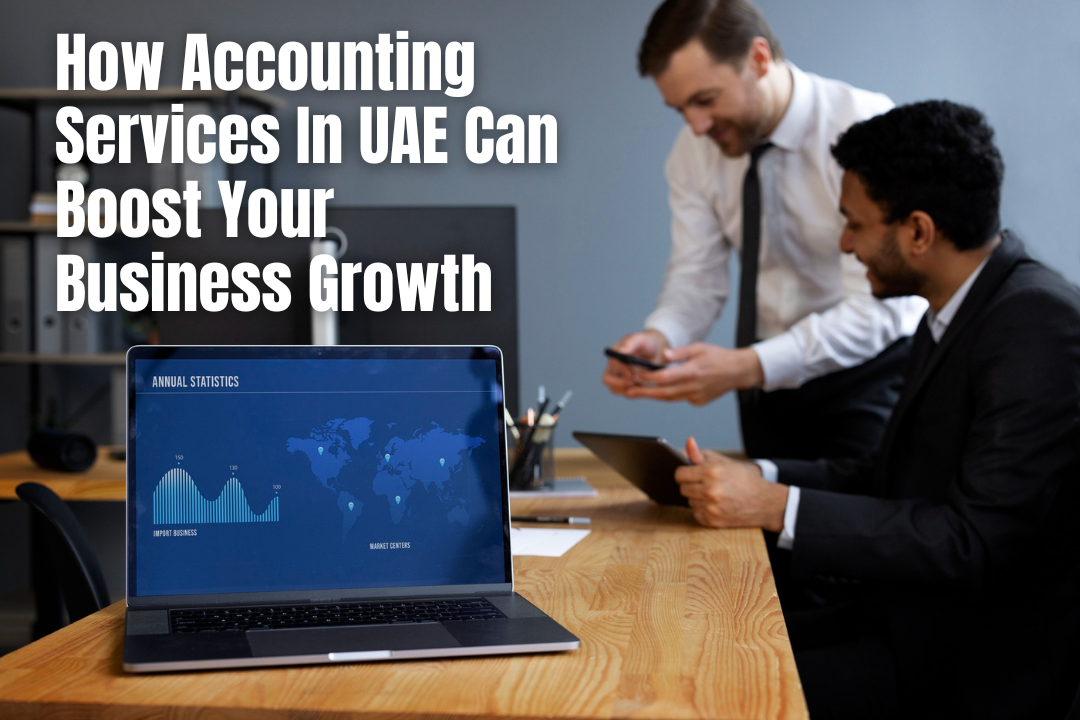AML Software Selection
Choosing the appropriate AML software is a critical component of your overall AML compliance strategy. The selection of suitable AML compliance software is crucial as it enhances your business’s ability to adhere to AML, CFT, and KYC requirements fully.
In the UAE, organizations must adhere to AML regulations and KYC requirements to meet regulatory obligations. They are mandated to establish AML/CFT frameworks for their business operations, detect potentially illicit money laundering transactions, establish an AML compliance department, and to provide relevant training to employees. These initiatives undertaken by organizations contribute to their compliance with AML and CFT laws.
To execute these functions effectively, Anti-Money Laundering (AML) Software is indispensable. AML software empowers organizations to meet legal requirements aimed at combating financial crimes globally. Opting for the right AML software is an integral aspect of the AML strategy and compliance program, aiding in the identification of suspicious transactions, sanctions & PEPs screening, and adverse media reports.
AML services in UAE offer AML Screening Solutions, assisting organizations in staying compliant with AML law requirements.
Key Considerations in AML Software Selection
1. Comprehensive Compliance Coverage
A robust AML software should cover a broad spectrum of compliance requirements, ensuring that your business is equipped to face evolving regulatory landscapes. Look for features that address AML, KYC, and CFT laws to establish a holistic approach to compliance.
2. User-Friendly Interface
The effectiveness of AML software relies on its usability and scalability. Opt for a solution with an intuitive interface, making it easy for your team to navigate complex compliance processes. Streamlining workflows ensures efficiency and reduces the likelihood of errors.
3. Real-Time Monitoring and Reporting
Financial crimes operate in real-time, and your AML software should too. The ability to monitor transactions in real-time and generate comprehensive reports is crucial for promptly identifying and addressing suspicious activities.
The Crucial Role of Sanction Screening
Sanction screening is the frontline defense against engaging with individuals or entities involved in illegal activities or sanctioned by regulatory bodies. It involves cross-referencing customer data against various global sanction lists to ensure that your business transactions remain above board. Failure to conduct thorough sanction screening can lead to severe consequences, including hefty fines and damage to your organization’s reputation.
1. Implementing Effective Sanction Screening
Global Database Integration
Ensure your sanction screening process includes integration with global sanction lists. A comprehensive database minimizes the risk of overlooking individuals or entities subject to sanctions.
Read More: AML consulting services in Dubai
2. Automated Screening Processes
Manual screening is prone to errors and delays. Opt for AML
consulting firms in UAE that offer automated sanction screening processes, reducing the risk of oversight and ensuring timely compliance.
3. Regular Updates and Monitoring:
The financial landscape evolves, and so do sanction lists. Choose a solution that provides regular updates and continuous monitoring to stay ahead of regulatory changes and emerging risks.
By investing in the right tools, you not only safeguard your organization from potential threats but also contribute to a global financial ecosystem that thrives on integrity and trust. Stay proactive, stay compliant – because in the world of finance, the right moves make all the difference.
At Auditac International, we help clients select the best software depending on the nature and volume of their business.











